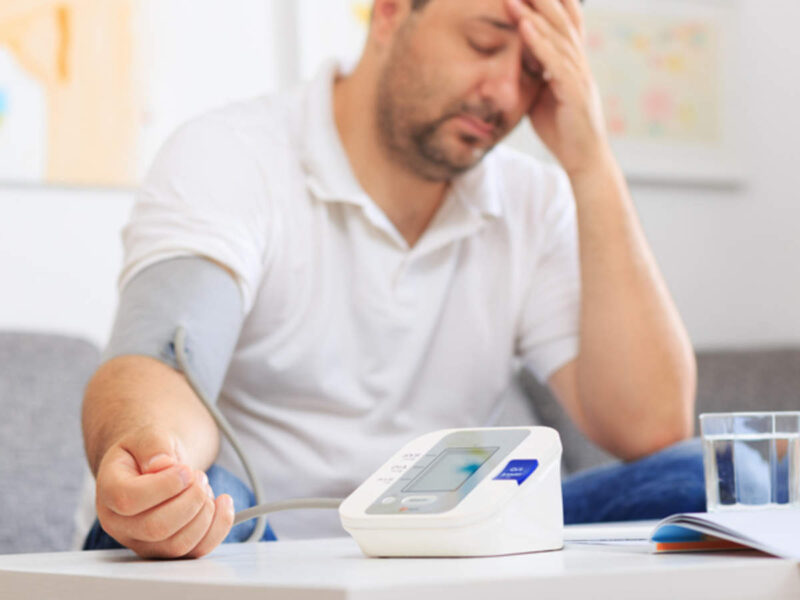High blood pressure or hypertension, is a concern for countless men globally. It is characterized by an intense force of blood against the artery walls, persistently. The failure to address this condition could head towards severe health conditions. High blood pressure can often fly under the radar being symptomless, but, men need to be vigilant about certain signs, particularly those that might show up at night.
Here are the 5 Night-Time Disturbances to Look Out For:
Headaches
Regular headaches, especially occurring at the crack of dawn or during the night, are common indicators of high blood pressure. These headaches might be accompanied by a feeling of dizziness or unsteadiness.
Chest Pain
Experiencing discomfort or pain in the chest at night could be a sign of hypertension. This is often an indication of an impending heart problem and warrants immediate attention.
Breathing Difficulties
Another warning signal that might pop up at night is the struggle to breathe. Men with hypertension might face difficulty while breathing properly when lying down, ensuing disturbed sleep.
Palpitations
Rapid or irregular heartbeat known as palpitations, is also associated with high blood pressure. These palpitations seem more evident at night as the body is at rest.
Vision Problems
Hypertensive men may encounter vision issues like blurred vision or seeing spots, especially in dim light. These problems can worsen at night.
Why These Disturbances Matter
It is critical to pay attention to these particular night-time signs associated with high blood pressure for early detection and controlling of the condition. Overlooking these symptoms could invite serious complications like heart attack, stroke, or kidney damage.
Men need to keep a check on their blood pressure routinely and not hesitate to seek medical advice if they notice these symptoms.
How to Control High Blood Pressure
On top of medical guidance, numerous lifestyle modifications can aid the management of high blood pressure. This includes healthy eating with less sodium and saturated fats, regular workouts, stress control, and shunning tobacco and excessive alcohol. In certain scenarios, doctors might recommend medication to help regulate blood pressure levels.











